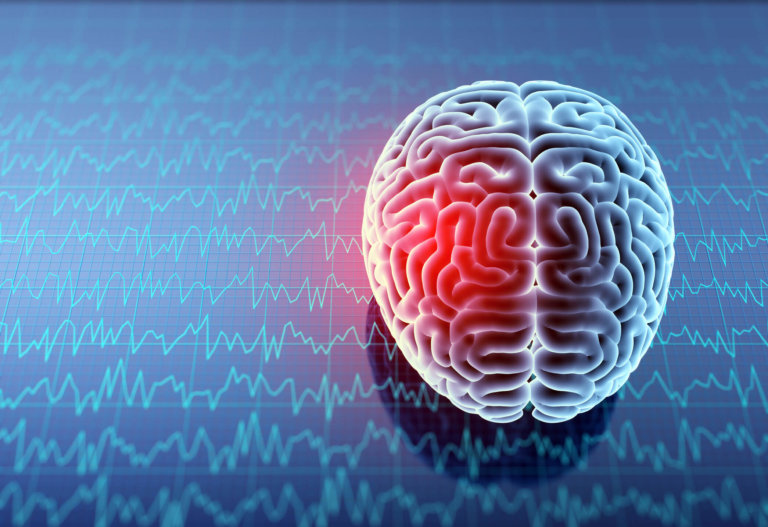Brain injuries can have long-lasting consequences. Researchers have studied the impact of concussions and traumatic brain injuries on accident victims and athletes. A study published at the end of 2018 found that young adults who experienced repetitive mild traumatic brain injuries or concussions could experience altered brain activity and cognitive changes. When pursuing an insurance claim related to a brain injury, it’s important to consult with a New Jersey traumatic brain injury attorney to discuss future damages that can cause permanent impairment before agreeing to a settlement amount.
Multiple Head Injuries and Decreased Brain Function
The study by researchers at the University of New Hampshire examined young adults between the ages of 18 and 24 years old who had sustained at least two concussions. The individuals sustained the most recent concussion within one month of the testing. The researchers instructed the study participants to switch between two tasks. For example, the researcher would instruct a participant to switch between working with colors to working with shapes. The researchers measured brain waves and cognitive changes as the participants switched between the two tasks.
After reviewing the data from the tests, researchers discovered that the participants who had sustained multiple concussions or TBIs had a lower performance rate compared to individuals in the control group. Individuals who had multiple brain injuries were not as accurate in their responses. The low performance in the task-switching exercise could indicate the negative effects of multiple brain injuries on a person’s executive function. This includes an individual’s ability to control cognitive functions such as stability, attention, planning, inhibition, working member, and performance.
Can I Recover Compensation for Impairment Caused by a Subsequent Brain Injury?
In most cases, an injury victim can receive compensation for all damages, even though the victim’s injuries may be more severe because of a pre-existing condition. The theory, known as the Eggshell Plaintiff Doctrine, means that a plaintiff is taken in an “as is” condition when determining damages caused by another party. This prevents a person who causes injury to another person from escaping liability by claiming that the person’s injuries are more severe because of a condition the person had before the accident.
For example, a defendant can not claim that he is not liable for a person’s paralysis from a traffic accident simply because the victim has a degenerative condition that weakens their spinal cord. The defendant would be responsible for all damages, including the paralysis. If the plaintiff proves that the defendant caused the traffic accident that resulted in the victim’s paralysis, the pre-existing condition should not lessen the defendant’s liability.
Also, a victim who suffers permanent impairment because of a recent head injury may qualify for compensation for the permanent impairment, even when a previous concussion increased the person’s chance of suffering permanent impairment if he or she has another brain injury in the future. Claims involving permanent impairment of brain function based on previous head injuries may be complicated and difficult to argue. The liable party may attempt to reduce its liability by arguing the damage to cognitive functions was a result of the first brain injury.
Contact a New Jersey Personal Injury Attorney for More Information
Millions of people sustain head injuries, including concussions and TBIs, each year in the United States. The chance that a person may sustain two brain injuries during their lifetime is good, especially if they have a high risk of sustaining a head injury.
If you have suffered a traumatic brain injury, schedule a consultation with our New Jersey personal injury lawyers to discuss your options. Our New Jersey personal injury attorneys can review the circumstances of your case to determine whether you qualify for additional compensation for the long-term effects and impairment a subsequent brain injury may cause.

